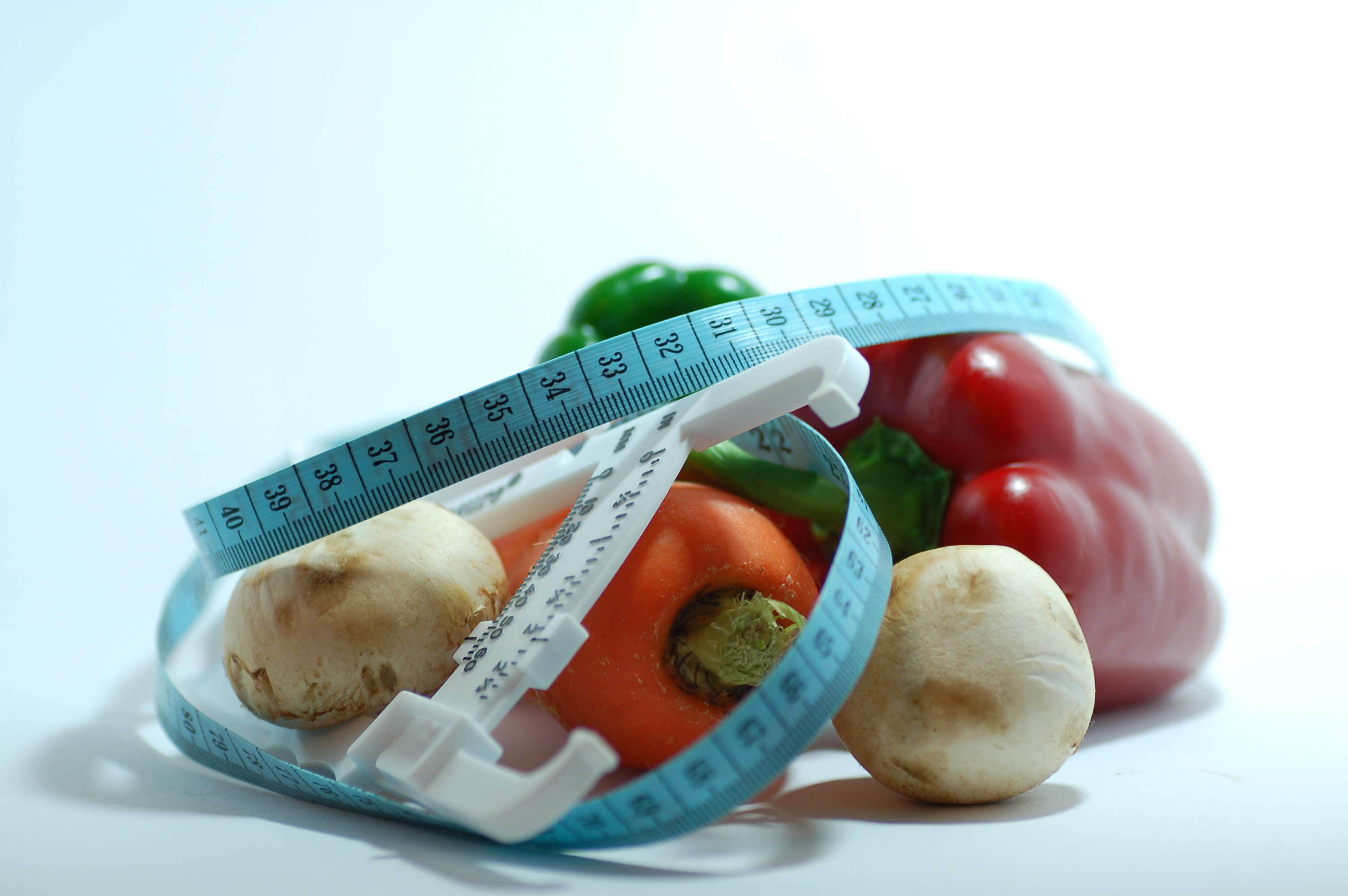
FRIDAY, May 4 (HealthDay News) — Obese drivers are less likely than normal-weight drivers to use their seat belts, a new study shows.
Researchers from the University at Buffalo, in New York, analyzed U.S. National Highway Traffic Safety Administration data and found that normal-weight drivers were 67 percent more likely to wear a seat belt than morbidly obese drivers.
A person with a body-mass index (BMI) of 40 or higher is considered morbidly obese. A BMI between 18.5 and 24.9 is considered normal weight. BMI is a measure of body fat based on height and weight.
“We found that the relationship between the amount of obesity and seat-belt use was linear; the more obese the driver, the less likely that seat belts were used,” study author Dr. Dietrich Jehle, a professor of emergency medicine and associate medical director at Erie County Medical Center in Buffalo, said in a university news release.
The study is scheduled to be presented May 10 at the annual meeting of the Society for Academic Emergency Medicine in Chicago.
Not using a seat belt increases the risk of serious injury and death in a crash, Jehle noted.
In a previous study, he and his colleagues found that morbidly obese people are 56 percent more likely to die in a motor vehicle crash than people of normal weight.
“The question is: Is there something we can do to cars to make them safer for the obese?” Jehle asked. “How can we make it more likely for people, including the overweight or obese, to wear seat belts?”
Cars are much safer now and traffic deaths in the United States have been declining for many years, Jehle said. But he added that one-third of the U.S. population is overweight and one-third is obese, and something needs to be done to increase their use of seat belts.
Experts note that research presented at meetings has not been subjected to the same type of rigorous scrutiny given to research published in peer-reviewed medical journals, and therefore the data should be viewed as preliminary.
More information
The U.S. Centers for Disease Control and Prevention has more about seat belts.

